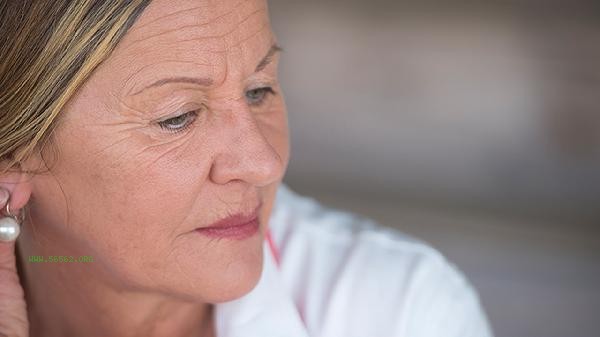Menopausal excessive heat generally refers to symptoms of yin deficiency and excessive heat such as hot flashes and irritability during menopause, which can be alleviated through nourishing yin and reducing fire, adjusting lifestyle, and regulating traditional Chinese medicine. The main methods include adjusting dietary structure, regular sleep schedule, moderate exercise, traditional Chinese medicine regulation, psychological counseling, etc.

1. Adjust your diet structure
You can eat more Yin nourishing and dry foods such as Tremella fuciformis, lilies, and lotus seeds in your daily life, and avoid spicy, stimulating, fried, and grilled foods. Moderate increase in intake of soy products, among which soy isoflavones help regulate estrogen levels. The main cooking methods are steaming and stewing, reducing high temperature stir frying.
2. Regular sleep schedule
Ensure 7-8 hours of sleep every day and avoid staying up late. It is recommended to go to bed before 11pm and take a nap at noon. Soak your feet in warm water before going to bed, which helps to ignite the fire and promote downward movement. Keep the bedroom ventilated and cool, choose breathable cotton bedding.
3. Moderate exercise
Choose soothing exercises such as Ba Duan Jin and Tai Chi, and exercise 3-5 times a week. The appropriate intensity of exercise is slight sweating, avoiding intense exercise that exacerbates yin deficiency. It is recommended to exercise in the early morning or evening, avoiding the high temperature period at noon.

4. Chinese medicine conditioning
Under the guidance of a doctor, take Zhibai Dihuang Pill, Liuwei Dihuang Pill and other traditional Chinese patent medicines and simple preparations for nourishing yin and reducing fire. For those with obvious symptoms, they can be combined with heat clearing herbs such as Huanglian and Gardenia. During medication, avoid eating raw and cold foods, and regularly follow up to adjust the prescription.
5. Psychological counseling
Relieves anxiety through meditation, breathing exercises, and other methods. Participate in interest groups to shift attention and maintain good communication with family and friends. When experiencing severe emotional fluctuations, professional psychological counseling can be sought to avoid long-term emotional suppression that exacerbates symptoms of excessive heat. The regulation of excessive heat during menopause requires comprehensive intervention. In addition to the above methods, it is recommended to wear loose and breathable cotton and linen clothing to avoid prolonged exposure to hot and humid environments. Drink no less than 1500 milliliters of water per day, and consider drinking substitute tea drinks such as chrysanthemum tea and Western ginseng tea. Regularly monitor blood pressure, heart rate, and other indicators. If severe symptoms such as insomnia and palpitations occur, seek medical attention promptly. Maintain a calm mindset and recognize that this is a normal physiological transition period, and most symptoms will gradually alleviate over time.





Comments (0)
Leave a Comment
No comments yet
Be the first to share your thoughts!